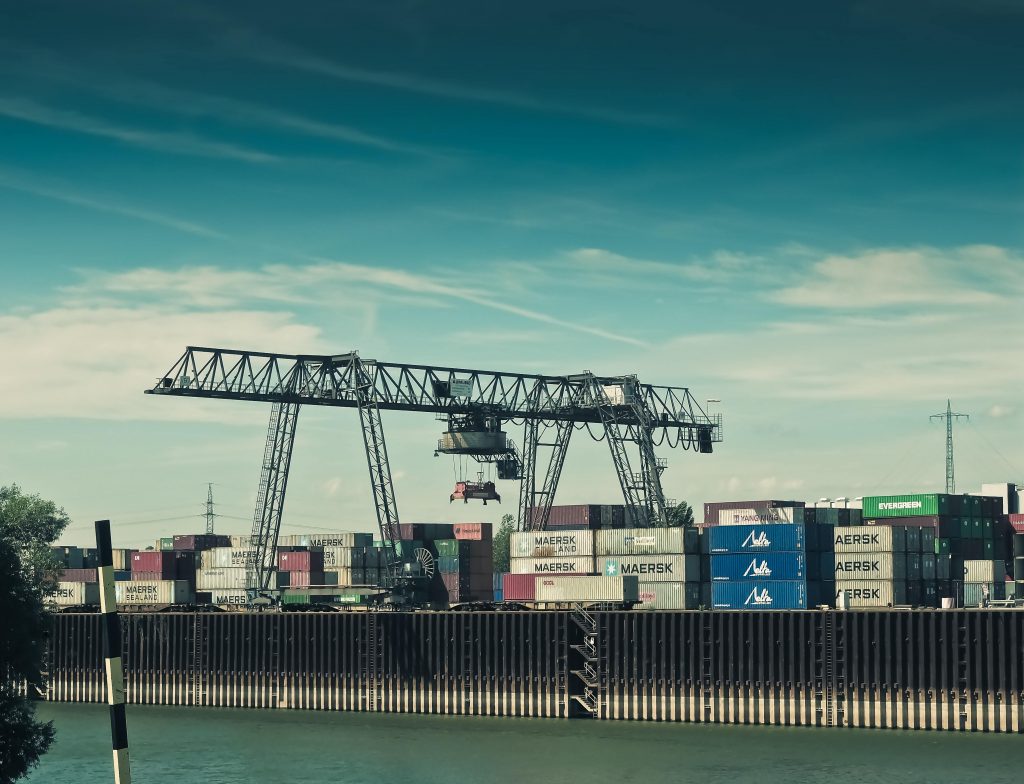When it comes to shipping overseas, there are only two viable methods available for your shipping needs: air freight or sea freight. While both methods are used regularly worldwide, the decision to go with one or the other often falls on a number of factors, including cost, urgency, location, and shipment size — to name a few.
What Do You Value More: Cost, Speed, or Reliability?
It’s widely regarded that shipping by air will return the greatest results. It’s faster, more reliable, and it will get your shipment to just about any location with a runway. But, depending on what exactly it is you’re shipping, it’s going to cost you. Airlines typically bill shipments by the chargeable weight system, meaning your shipment will be calculated by weight and size equally. Regardless of these calculations, air freight usually carries a higher cost because of the timeliness factor.
Airlines have numerous flights daily, which makes it more difficult for your shipment to veer off schedule. Ocean carriers are without a doubt a reliable option as well, but they work on weekly schedules and the probability of having your delivery delayed increases. Before employing either method it’ll be crucial to evaluate the importance of on-time delivery. A delayed air shipment can get back on schedule within the same day, whereas a delayed sea shipment can take up to a week to reset its course and significantly raise shipping fees.
Ocean carriers charge per container so depending on the shipment size, costs will fluctuate. What’s worth noting is that shipping by sea gives you the ability to ship larger and heavier volume shipments — airliners can’t always handle the extra weight. So, if you’re shipping bulkier items and containers, the logical choice will be to use sea freight. Of course, the caveat is that additional costs will be imposed through warehouse fees, which are often more expensive at seaports compared to airports.
That being said, on average, sea freight rates are six times lower than air freight, which is a difficult statistic to overlook. Not only are costs typically lower, but if your company is thinking about the ecological factor, sea freight is the preferred method. Airliners emit a large amount of CO2 into the air, thus making it the more dangerous choice for the environment.
Ocean carriers have their environmental downside too, but that usually has to do with oil spills and water contamination. These are unfortunate realities to shipping by sea, but in the long run it does carry less of an environmental impact than air freight.
Time to Make a Decision
There are many factors that will go into deciding between air and sea freight, but these are some of the most important. Before making any shipments you need to evaluate what is most important to your business and what will leave less of a mark on your shipping budget. Both are useful and reliable in their own way, but, in the end, the decision between the two will depend on your overall needs as a business.






